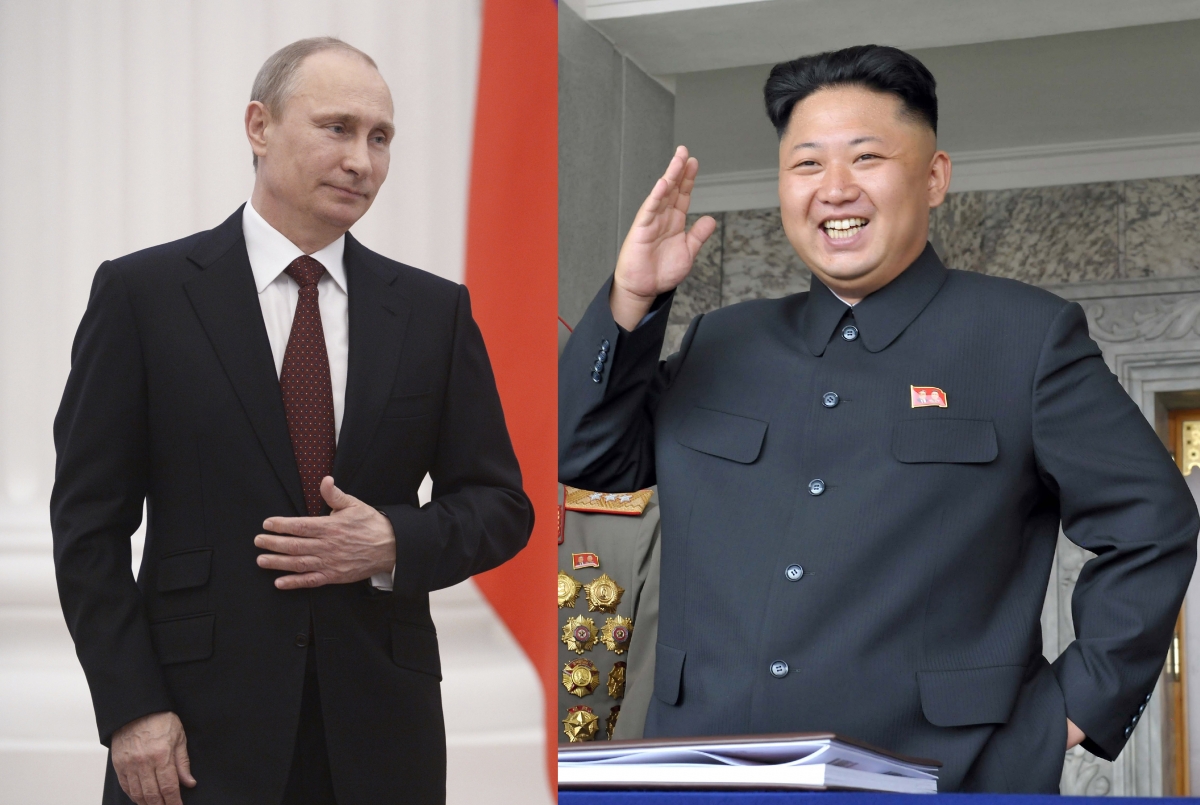 Arrogance + Power + Humiliation = Eye for an eye retaliation
Arrogance + Power + Humiliation = Eye for an eye retaliation
Since I posted my previous blog, A New Paradigm to Fix the World - Fixing a Failure to Consider, I've heard from many others. Their reponses further caused me to ponder how little America truly understands other countries and other leaders such as Kim Jong Un and Putin.
The more primitive, arrogant and prideful a person's personality (not to be confused with lack of intelligence), the more inclined they are to react in an: "eye for an eye" fashion especially when they feel humiliated.
Is it possible that such a process going on inside Kim Jong Un's and Putin's personalities is causing their actions as much as a desire for power?
How much of Korea's hacking of Sony whose leaked documents were as much a public humiliation as they were an invasion of privacy was simply Kim Jong Un's effort to do onto us as he perceived we were about to do onto him with the release of the movie, The Interview?
With regard to Putin, how many of his actions to dominate and invade adjacent land was an "eye for and eye" retaliation (in his mind) for NATO pushing East when it had promised it wouldn't, not to mention his arrogance and pridefulness striking back at the world for the public humiliation he felt Russia suffered when (and how) the Cold War ended.
And finally, America is not above an "eye for an eye" reaction. With regard to torturing terrorists, how much of our "justification" for doing so was a case of our "terrorizing terrorists through torture in an 'eye-for-an-eye' retaliation dating back to 9/11 when they had the audacity to terrorize us?" And how much of the war against Iraq was triggered by a similar "eye for an eye" response by President Bush where the formula was: Arrogance + Power + Terror = Panic = War.
Gandhi said, "An eye for an eye makes the whole world blind."
Stephen Covey (Sr) once advised people: "to seek first to understand and then be understood."
Is it possible that in the eyes of the world, America with its own arrogance and hubris is viewed as thinking it is above having to truly understand anyone else's POV?
What effect would it have on the rest of the world's perception if we made the effort to understand, appreciate and respect (not to be confused with kowtowing to) other countries' values, traditions and cultures?
At the very least, it would probably lessen others wariness towards us not to mention their resentment. But more than that, it might ease our own paranoia and trigger a more positive and thoughtful response toward them.
Why?
Because you can't walk in someone else's shoes and step on their toes at the same time.